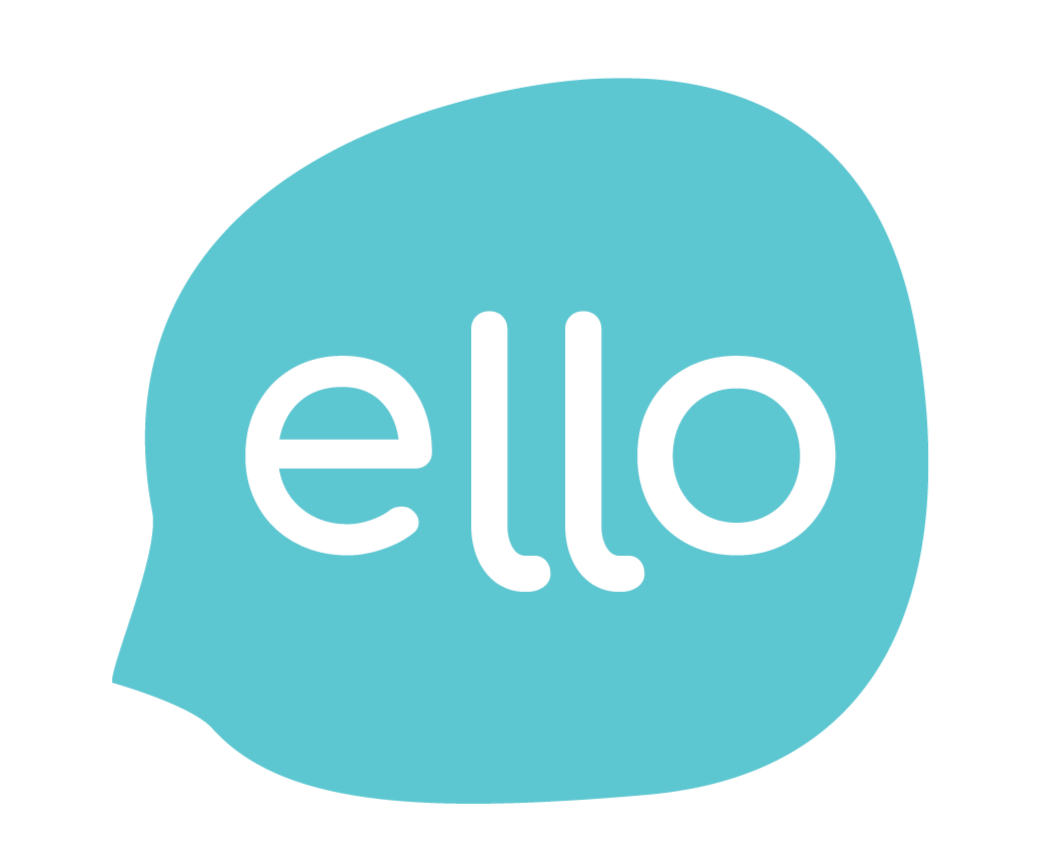Over one million new neural connections are formed every second in the first few years of life!
Caregivers and communities can capitalize on this period of rapid brain development to help young children build the critical foundation they will need later in life.

The QRST Framework for Interaction
ELLO connects with familiar routines and community spaces through thematically tailored resources that encourage quality, language-rich conversation and promote the importance of early oral language development. Research suggests that beyond the quantity of words to which a child is exposed, the quality of interaction and the number of conversational turns are most important for brain development. ELLO resources encourage caregivers to talk with their children throughout everyday routines using the framework.
Repeat
The adult or caregiver repeats what the child has said to reinforce the child’s response.
You spy oranges… Oranges are round…
Question
The adult or caregiver poses an open-ended question or statement based on the current activity.
What can you spy with your eagle eye that is round?
Stretch
The adult then uses sentence stretching to build on the child’s response and add additional content and/or vocabulary.
Oranges are round… What else can you spy that is round but also comes in a bundle?
Talk+
The adult or caregiver continues talking with the child by looping back through the question, repeat, stretch feedback process.
Grapes! Grapes are round, come in a bundle and grow on a vine… What else can you spy with your eagle eye that might grow on a vine?
The most powerful types of conversations are those that are playful, engaging, and anchored in responsive interactions that are emotionally satisfying for a child but also for the adult who loves them.
Research has shown conversational turns to have more brain-building power than adult words alone. Conversational turns are simple back and forth exchanges between a child and an adult, like in a game of tennis or ping pong.

During these early years it’s not the number of costly toys or alphabet flashcards a child has that is of utmost importance but rather something that is completely free – talking! Language is central to all strands of a child’s development – attachment, early literacy, early math, and social emotional development.
